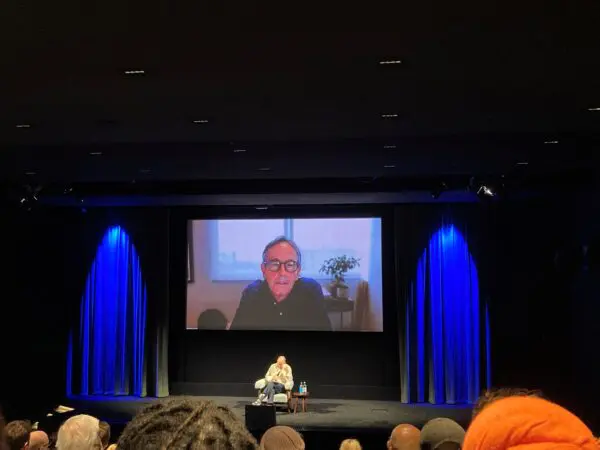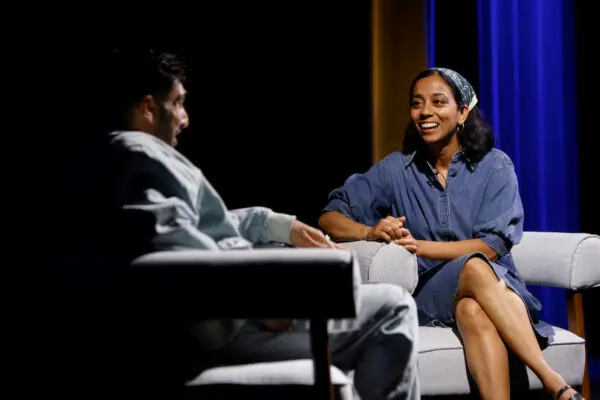In the course of a 50-year screen career, very little has given John Hurt pause in his search for varied and challenging roles. But as 2012’s recipient of the BAFTA for Outstanding British Contribution to Cinema, he seems a little perplexed by this unexpected but deserved accolade.
And yet so much of his work has echoed into the national consciousness. From the victimised Timothy Evans in 10 Rillington Place (1971) to the doomed astronaut Kane in Alien (1979). Or conveying the heart-breaking dignity of John Merrick in The Elephant Man (1980) or the existential angst of Winston Smith in Nineteen Eighty-Four (1984), Hurt has consistently touched audiences with the raw humanity of characters in extreme, life changing situations.
At the same time he has proved adept in supporting roles that add weight to a larger piece. Whether this be wand maker Ollivander in the Harry Potter films or a suitably paranoid Control in Tinker Tailor Soldier Spy (2011). He made his film debut in romantic drama The Wild And The Willing in 1962, but had he been told then the career that lay ahead of him he admits he would scarcely have believed it.
“I’d already told myself that if I wanted to be an actor I had to be prepared to be in rep all my life,” the 72-year-old recalls. “I never ever expected to get into film in the way that it’s been possible.”
And yet there is clearly something that a huge variety of filmmakers see in John Hurt that compels them to cast him year after year. The actor is savvy enough to understand this but not so self regarding as to wish to define it.
“A long time ago I realised that I am the result of other people’s imagination. Roles just come to me from other people, and I’ve long since given up thinking ‘Oh really? Why me?’ These are people you trust, really fantastic directors, so I go down that line. That has allowed me to be much more varied. I don’t think actors are very good at choosing their own stuff. If we were allowed to do what we thought we were best at it’d be pretty dreary, I think.”
“I never ever expected to get into film in the way that it’s been possible.”










